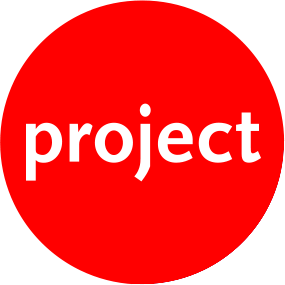Latest News
Residency: Åsa Sonjasdotter
Having grown up in an area where potatoes have long provided basic sustenance for people, Åsa Sonjasdotter works with stories on and by potatoes – a plant that has a special role in modern industrial and colonial history. Through her work she traces the potentially subversive (his)stories of outlawed varieties that today are forbidden or marginalized by professional farming as they are genetically too lively and diverse to fit the EU criteria.
By examining the practice of plant breeding, Cultivating Stories will look into the knowledge that potatoes and local plant varieties carry – stories of memory, loss and prospect – establishing a deeper and more complex meaning to the term ‘cultivation.’ This multi-year research project – hosted by Project Arts Centre and developed with various national and international institutions as well as with Irish farmers and home-growers – aims to establish a sustainable exchange platform for the re-thinking on matters of co-species co-nurturing life, knowledge and cultivation.
About the artist:
Åsa Sonjasdotter is currently doing a residency in Ireland between June – July 2018 which is to be potentially developed with farmers and home-growers in Ireland and is a visiting researcher in the framework of The Art of Heritage – an Artistic Research Residency at the Gotland Museum, Visby, Sweden where she studies Neolithic grains, modern potato varieties and contemporary, homebred turnips. She is a co-curator of the research- and exhibition project Archaeology of Maintenance (Archäologien der Nachhaltigkeit) at The Botanical Museum, Bauhaus Archive and Kunsthalle nGbK, Berlin, opening in 2019. Her 2015 exhibition and workshop project Dead Wasps Fly Further, conceived together with sociologist Tahani Nadim, proposed a unique engagement with the public and non-public collections at the Natural History Museum in Berlin. Sonjasdotter is the founding member of The Neighbourhood Academy in Berlin’s Prinzessinengarten (started in the summer of 2015), which invites activists, artists, architects, researchers and representatives of initiatives from the local and global neighbourhood to work on questions of socio-ecological transformations from below, land-politics and practices of communing through methods of collective learning.
Image: From the Swedish Seed Association’s (Sveriges utsädesförening) photographic archive, date unknown
Courtesy Lantmännen
